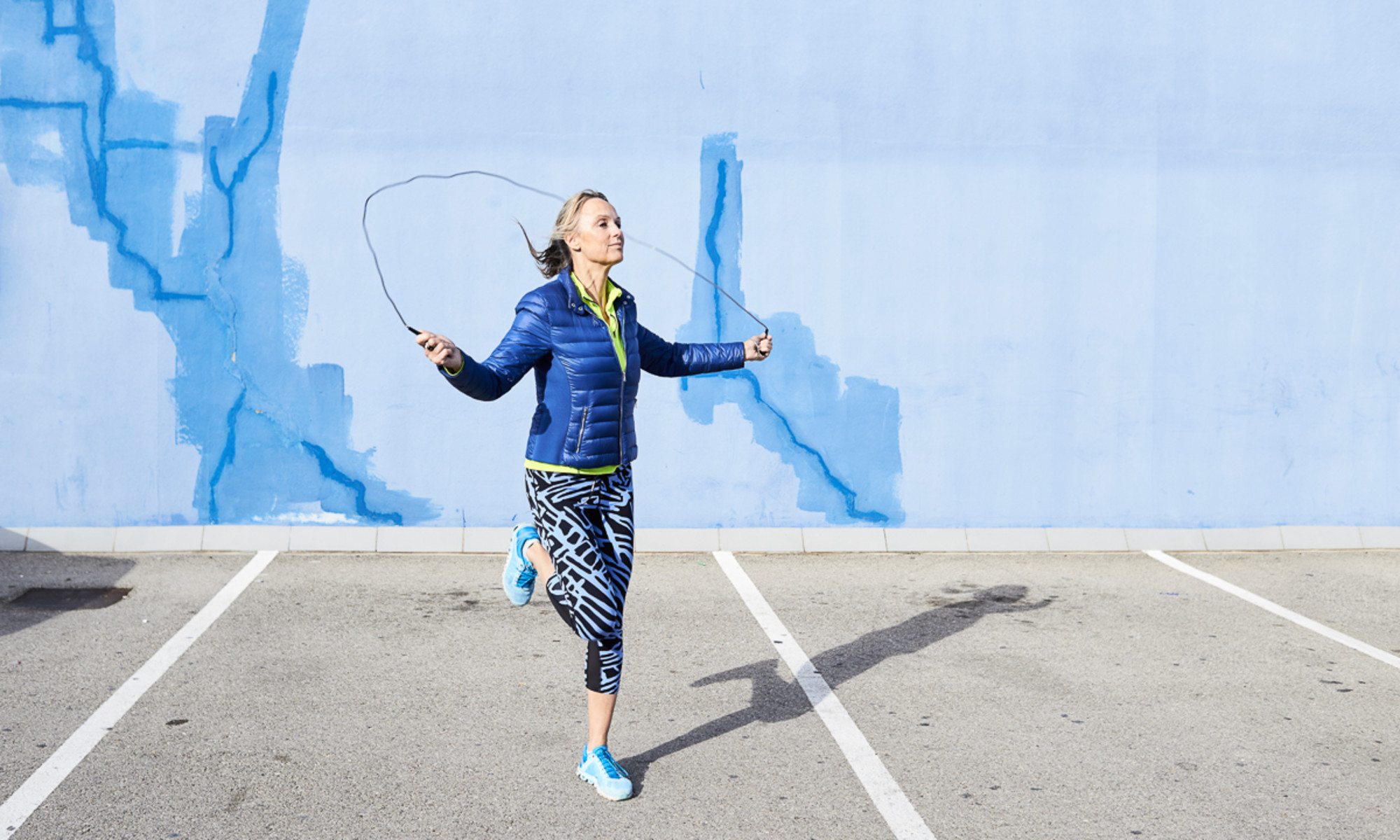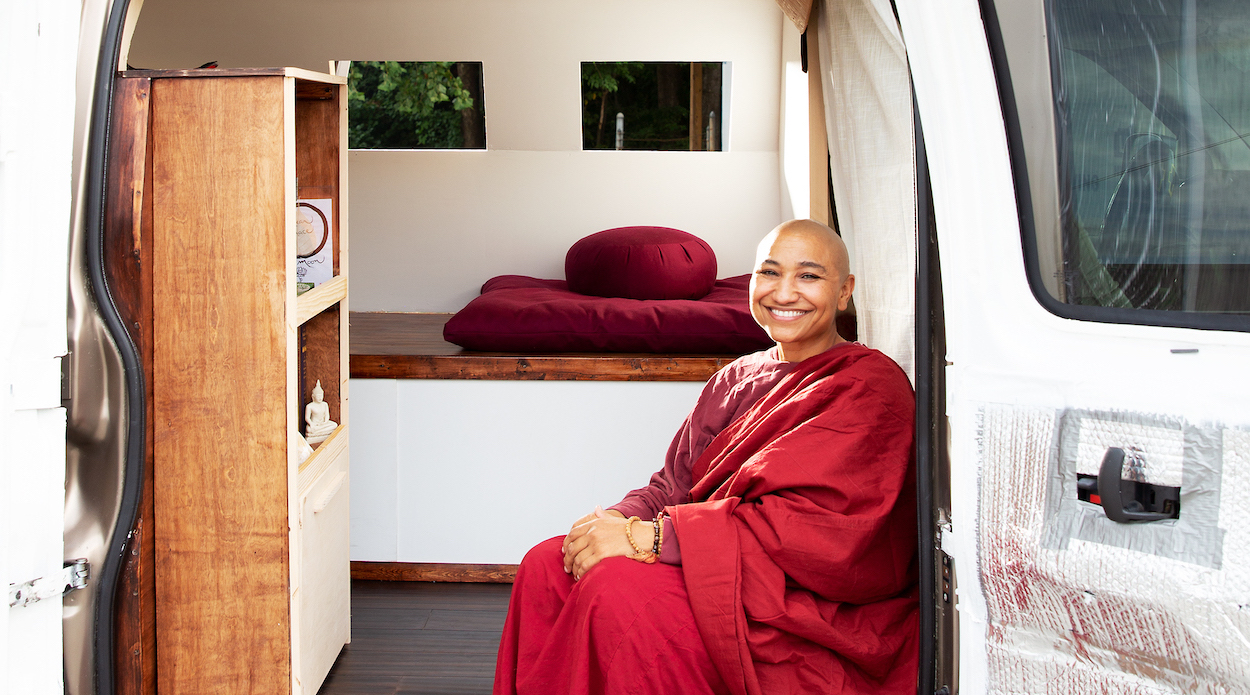How Long Should You Exercise Each Week? Research Breaks It Down By The Minute
Here's how to work your way toward a longer life.

Advertisement
This ad is displayed using third party content and we do not control its accessibility features.

mbg Health Contributor
mbg Health Contributor
Jenny is a San Francisco-based mbg contributor, content designer, and climate & sustainability communications specialist. She is a graduate of the University of California Santa Barbara. An avid open-water swimmer, Jenny has worked for healthy living and nutrition brands like Sun Basket, Gather Around Nutrition, and Territory Foods.
Image by Ivan Gener / Stocksy August 11, 2024 And research confirms its impact on longevity and outlines exactly how much movement we need for maximum life-lengthening benefits.
Maximizing the benefits of exercise as you age
This study in the journal Circulation, funded by the American Heart Association, looked at the exercise habits of over 116,000 adults for over 30 years. Their workouts were split into two categories:
Researchers were interested to see how the current physical activity guidelines for Americans affected participants' mortality risk. These recommendations call for 150 to 300 minutes of MPA per week, 75 to 150 minutes of VPA per week, or some equivalent combination of them both.
They found that exercise is even more closely tied to longevity than you might think. When researchers looked at the hazard ratio—the risk of dying from a variety of common age-associated diseases—they found the current guidelines underestimate just how valuable additional exercise could be.
The maximum life-lengthening benefits of MPA and VPA topped out at about double those guidelines—meaning those who spent 300 to 600 minutes per week doing MPA and 150 to 300 minutes per week doing VPA, or an equivalent combination of both, actually were able to live the longest, healthiest lives.
Find your ideal VPA & MPA mix
There are several lifestyle considerations to keep in mind when thinking about longevity. Our diet, sleep, social connections, stress levels, and physical activity all play a part in how long we live—and even more importantly, how long we stay feeling healthy.
The good news is that starting with healthy habits today will set us up for success with each passing year and decade.
And as far as exercise goes, it looks like the optimal amount of exercise for longevity is approaching 2.5 to five hours of vigorous activity every week or five to 10 hours of moderate exercise per week. For optimal fitness, an equivalent combination of both is a good balance.
This sounds like a lot, but it looks more doable in practice. Here's an example breakdown:
If you're already exercising plenty, consider this one more reason to stay motivated. If not, thinking about ways to sneak in just a bit more moderate activity daily can pay dividends. Just 45 minutes per day can deliver maximum longevity benefits!
And if you're in an exercise rut or feeling burnt out on one type of activity, consider this your permission slip to mix it up and try some new things. This primer on zone 2 cardio can help you get started.
The takeaway
An American Heart Association–sponsored study found that 2.5 to five hours of vigorous activity every week, or five to 10 hours of moderate exercise, helped individuals max out the longevity-promoting benefits of movement.
A healthy mix of the two could help you stay on track to living your longest, fullest life. Who's up for a spin class?

 Tfoso
Tfoso 































